Biodynamics’ Blind Spot
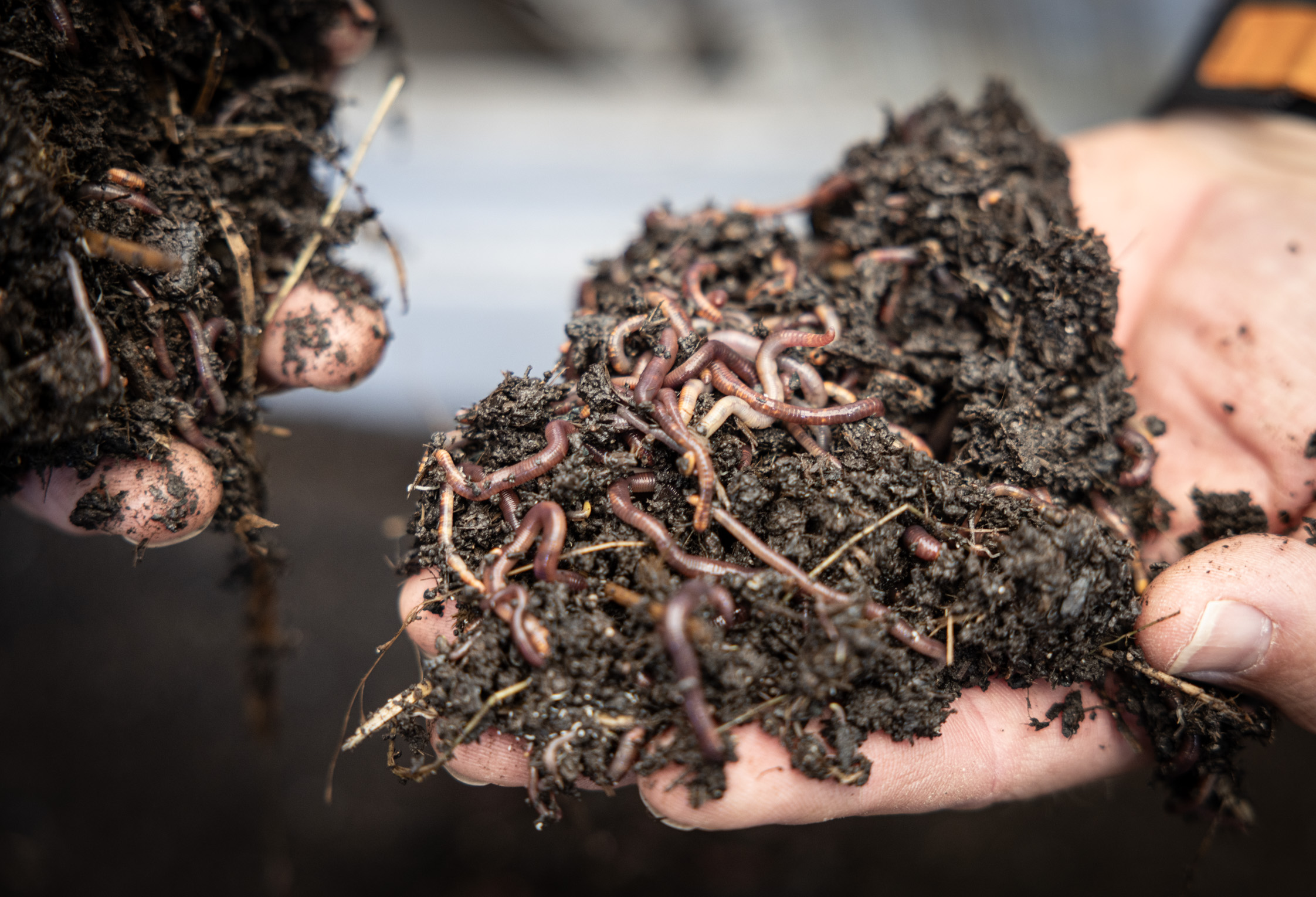
An essay reconciling the realpolitik of Rudolf Steiner today.

An essay reconciling the realpolitik of Rudolf Steiner today.
Writer
Lauren Johnson-Wünscher is a wine and food writer based in Berlin, Germany. She holds an MBA in International Wine Business and WSET Advanced Level Certification.
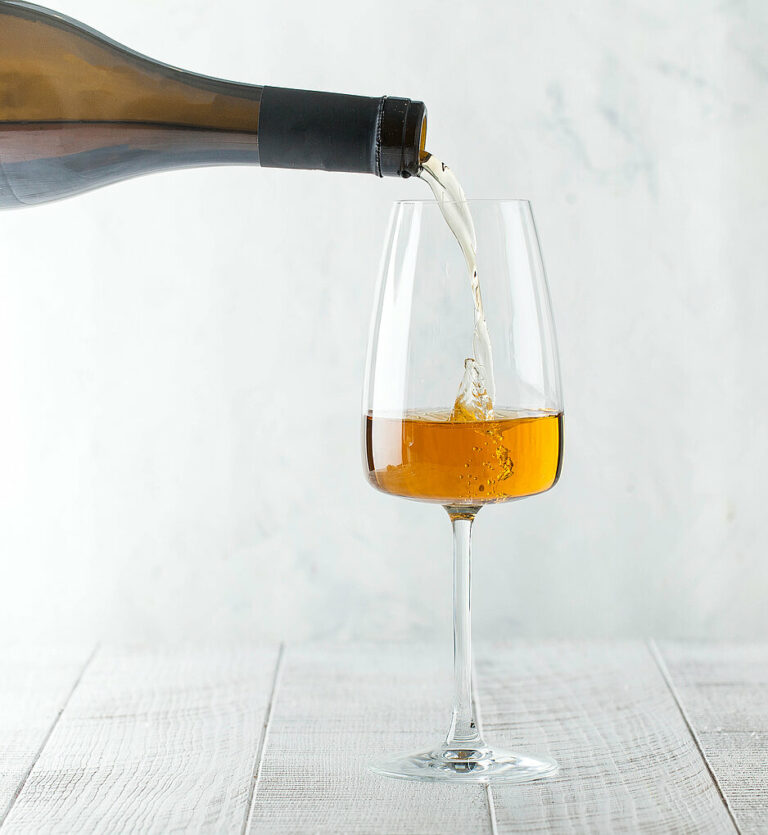
Skin-contact white wines may have their revolutionary roots in Georgia, Slovenia, and Friuli, but the umlaut zone also stakes a strong claim for orange expressions. Austria was an early and highly successful adopter (think Tschida and Tscheppe, Muster and Meinklang). For this, thank geographic proximity, shared traditions, a former empire’s worth of fascinating white varieties, and the remarkable open-mindedness of producers, especially in Styria and Burgenland. Germany came later to the game. The country has been slower to embrace natural and experimental styles generally and its signature variety, Riesling, requires an exceptionally deft hand to succeed in skin-fermented form. However, German…...
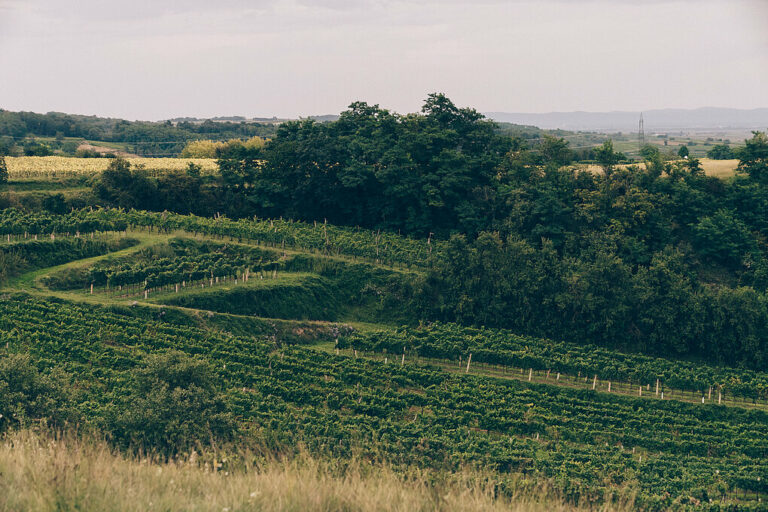
Though its name suggests otherwise, Roter Veltliner isn’t a red wine grape at all. Yet at maturity the grapes do take on a scarlet hue. And this juxtaposition is precisely what captivated Austrian winemaker Toni Söllner: “Even as a child, I was fascinated by Roter Veltliner. The grapes were red, but the wine they made was colorless.” Söllner’s organic estate is in Wagram, Roter Veltliner’s home turf. He has restored 2.5 ha to the old autochthonous variety. Söllner is not alone in his engagement on behalf of the rarity, but rather is one of 10 Austrian organic growers who have…...
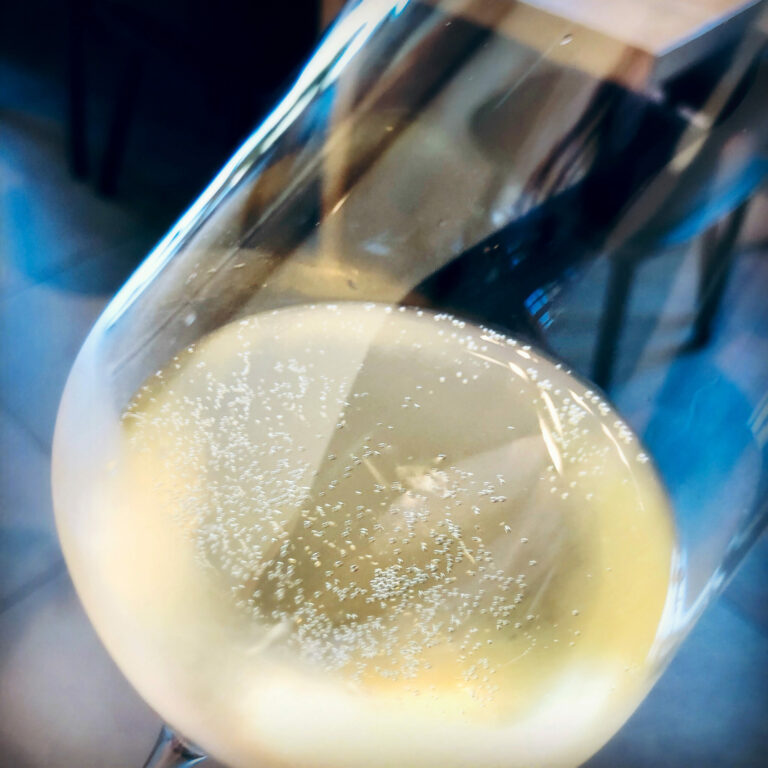
It is Friday night and I’m terrified. In 24 hours, a top sommelier is coming to our house for dinner. A sommelier who puts together the wine lists for a global restaurant group; a sommelier who has spent over 30 years training more somms than I’ve seen typos on a wine list; a sommelier who matches food and wine the way the rest of us match our Sunday outfits. And tomorrow, I’m responsible for the wine. My wife draws up a shopping list for the meal, blissfully unconcerned. “We’re not a restaurant,” she says, “why should she expect Michelin-starred cooking?”…...
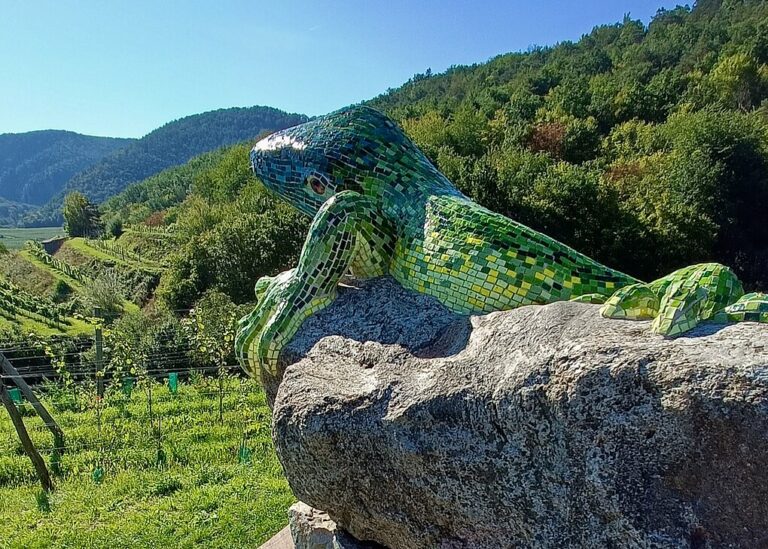
In an age defined by climate emergency, can winegrowers in Austria's warming Wachau react and adapt fast enough to maintain the region's historic pole position?
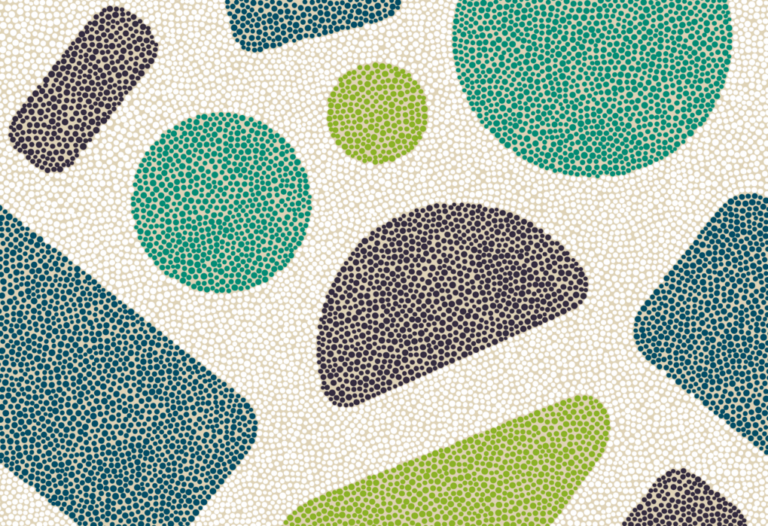
I reach down to the baggage carousel and slip the strap over my shoulder, the weight of a month’s traveling slowly spreading through my frame, equalizing itself. I pause. Something feels wrong. There is a dampness between my shoulder blades and a smell that doesn’t belong: windfall cherries, woodsmoke. I look down to see a small, red pool forming behind my heels. A man in a yellow jacket reaches for a walkie-talkie. The source is a now-leaking bottle of Fritz Wieninger’s Pinot Noir Select 2006, naively swaddled in pair-upon-pair of walking socks. It’s a memento of one of those evenings…...
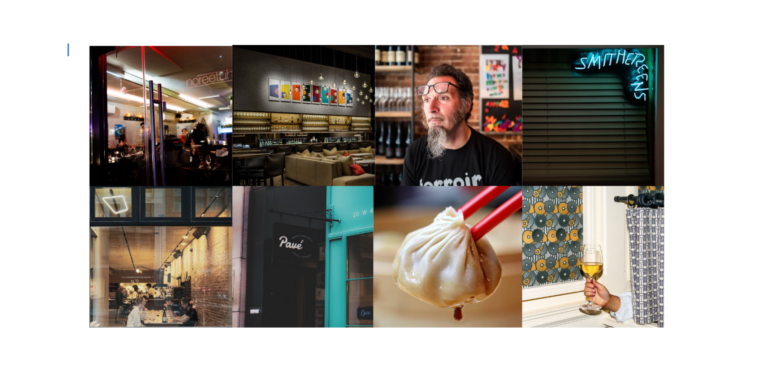
Whether you’re dropping into town for the bacchanalia that is Rieslingfeier or you’re a native New Yorker curious to get a taste of the latest and greatest in German and Austrian wines, here’s your hit list of bars and restaurants that make NYC the country’s best (if priciest) city to drink auf Deutsch. G = German focus A = Austrian focus Noreetuh (G) Manager and co-owner Jin Ahn has turned this decade-old Lower East Side Hawaiian spot into the city’s ultimate insider Riesling hangout. Ahn’s exceptionally well-informed list is divided into Rieslings “25 years of age or older” and “younger than…...
Enjoy unlimited access to TRINK! | Subscribe Today